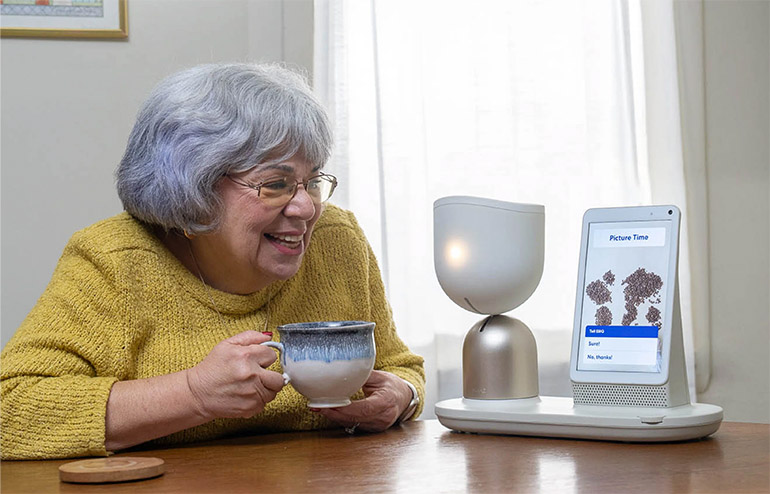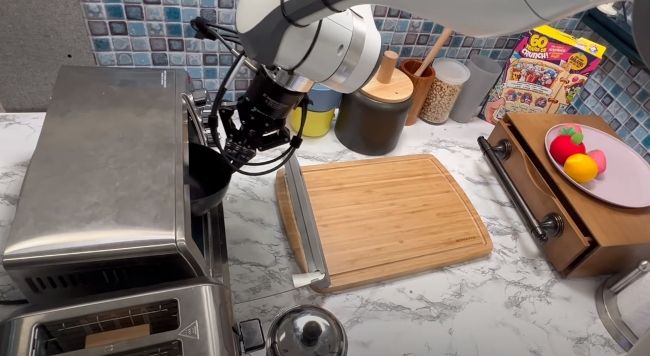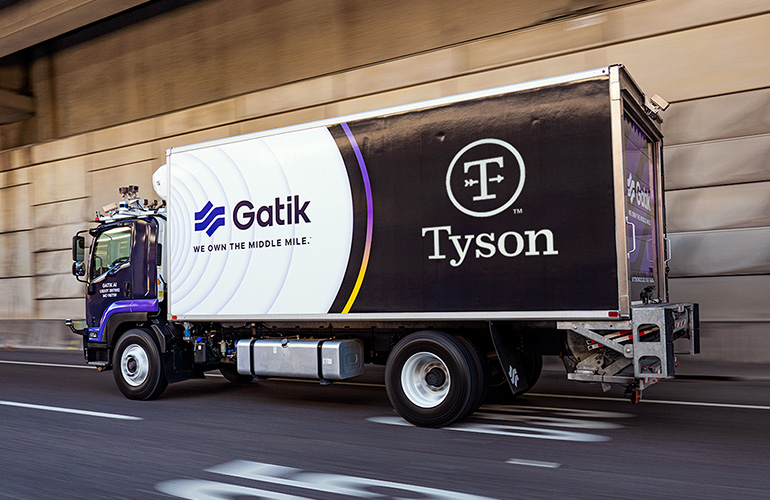A groundbreaking meta-analysis published in the prestigious Annals of Surgery has provided compelling evidence for the superiority of robotic surgery using Intuitive's da Vinci system across multiple oncological procedures. The comprehensive study, spanning 12 years and analyzing over a million procedures, marks a significant milestone in validating the benefits of robotic-assisted surgery.
Unprecedented Scope of Analysis
The research represents one of the most extensive evaluations of surgical outcomes ever conducted in the field, encompassing:
- 230 studies from 22 countries
- 34 randomized controlled trials
- 74 prospective studies
- 122 database reviews
This broad scope provides unprecedented insight into the comparative effectiveness of robotic, laparoscopic, and open surgical approaches.
Key Performance Metrics
The study revealed several significant advantages for da Vinci robotic procedures:
Reduced complication:
- 56% lower likelihood of conversion to open surgery compared to laparoscopy
- 21% reduction in blood transfusion requirements versus laparoscopy
- 75% reduction in blood transfusion needs compared to open surgery
- 10% fewer 30-day post-operative complications than laparoscopy
- 44% fewer complications than open surgery
Improved recovery
- Hospital stays shortened by half a day compared to laparoscopic procedures
- 1.9-day reduction in hospitalization versus open surgery
- Decreased blood loss compared to open surgery
- Comparable blood loss to laparoscopic procedures
Operational considerations
- Operative time increased by 17.7 minutes compared to laparoscopy
- 40.9 additional minutes required versus open surgery
Clinical Significance
Dr. Myriam Curet, Executive Vice President and Chief Medical Officer of Intuitive, emphasized the significance of these findings: "Robotic surgery with da Vinci showed fewer conversions, less blood loss, fewer blood transfusions, fewer readmissions and reoperations, and a shorter length of stay after 30 days."
The study's focus on oncological procedures is particularly noteworthy, as these surgeries often require precise navigation in confined spaces. While the analysis did not review long-term oncologic outcomes, the immediate post-operative benefits could have significant implications for cancer patient care.
Real-World Applications
Dr. Rocco Ricciardi, Chief of Colon and Rectal Surgery at Massachusetts General Hospital and lead study author, highlighted the practical implications: "The data presented in our study describes the value of robotics in both the controlled clinical setting of randomized controlled trials and in the 'real-clinical-world' of population-based studies."
Future Implications
This meta-analysis represents a significant step forward in understanding the role of robotic surgery in modern medicine. The findings suggest that despite longer operative times, the da Vinci system offers numerous advantages that could lead to:
- Improved patient outcomes
- Reduced hospital stays
- Lower complication rates
- Decreased need for blood transfusions
Industry Impact
The study's publication in the Annals of Surgery, following rigorous peer review, adds considerable weight to these findings. As healthcare systems worldwide continue to evaluate surgical approaches, this evidence may influence:
- Hospital investment decisions
- Surgical training programs
- Insurance coverage policies
- Patient treatment preferences
The comprehensive nature of this analysis, combined with its robust methodology and significant findings, provides strong support for the continued adoption of robotic surgical systems in oncological procedures. While the initial investment in robotic systems remains substantial, the demonstrated benefits in patient outcomes suggest a compelling argument for their expanded use in surgical oncology.


















